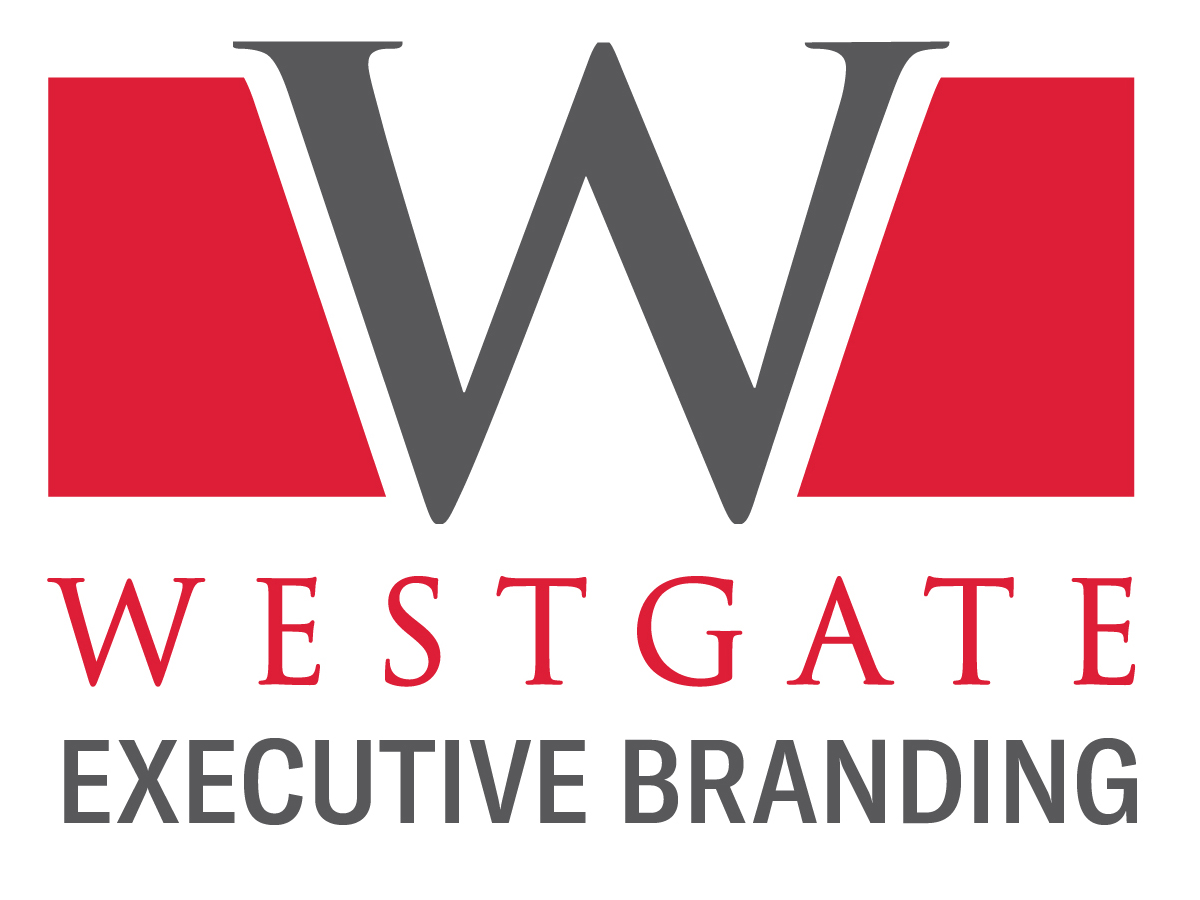 As you set out to write your resume, you are likely scratching your head with wonder: what on earth do I include?
As you set out to write your resume, you are likely scratching your head with wonder: what on earth do I include?
With a reputation for being over-analytical, I have often faced the paralysis-by-analysis syndrome working myself into a lather as I forge ahead on some project with content that is foreign to me.
And, I’ve been known to make things complicated, according to my 19-year-old daughter: “Mama, why do you make things so complicated?” Honestly, I don’t know, but what I do know is that by simply taking action, you will gain momentum in your project.
I discovered a quote that that really spoke to me: “taking action builds clarity.” I’m not sure who said this, but I’ve gone as far as writing it down and posting it on my whiteboard.
It’s motivational when I’m stuck.
Collect information
Collect the information you will need. This can include performance reviews, 360 assessments, client appreciation letters, emails from colleagues and senior management. Any kudos you have received in your career will help to remind you of your special gifts and competencies.
You need to write a unique career marketing piece that demonstrates who you are: your brand. If your performance reviews do not have metrics, ensure you know your metrics—they are critical to your value proposition.
Career assessments (MBTI, DISC, Gallup Strengthsfinder, to name a few) are rich sources of content for your resume because if you are like most people, you have a difficult time trying to describe yourself, let alone promote your abilities. You don’t want to appear bragadocious. These assessments will help you with the resistance and uneasy feeling of blowing your own horn. They are objective and neutral assessments about you. Give yourself permission to use them in this innovative way.
Use metrics that tell powerful stories
Remember that you are writing for many audiences, so simplify the metrics if they are complex. Ask a trusted colleague or friend outside your industry and your discipline if they can understand the metric. If you have lived your entire career inside one organization, it is critical that you get an unbiased review of your material.
Try a focus group of industry-outsiders at various levels to review the content. This is especially critical if you are planning to change industries.
Here is a partial selection of high-impact metrics include:
- Return on investment
- Year-over-year revenue increases
- Year-over-year savings
- Performance to budget
- Customer loyalty scores
- Customer satisfaction scores
- Employee satisfaction scores
- Environmental performance
- Safety performance
- Manufacturing improvements
- Any efficiency improvements (but be careful to ensure to use simple language when describing them).
- Supply chain negotiations
- Six Sigma improvements
Metrics that pack a punch are those that address organizational risk and critical success factors: revenues, costs, customer satisfaction, human resources (policy for example).
Please do not make the mistake of thinking that people will understand your career stories if they are laden with company or industry jargon. This is can be a door-closer in spite of your impeccable qualifications.
This is even more relevant if you are NOT known to your targeted audience.
Understand your audience
Your resume will be read and scrutinized by many parties in the organization, including boards of directors, executive management, operations managers, human resources consultants, administrative assistants and receptionists. Add underwriters and clients to that list potentially.
According to Steven V. Armstrong (see below):
“In your introduction, provide a focus, a map and links to what the reader already knows.”
Replace the word “introduction” with the “executive summary” in your resume and this advice will grab the attention of your reader quickly, opening a door to a meeting with decision-makers.
Keep the language neutral
If you are changing industries after many decades, you may be tempted to use the language of your discipline. Resist this temptation because readers in outside industries will not be able to visualize you in their own industry if they do not immediately connect with your use of words. If your targeted organization refers to “customers” as “clients” (as in consulting for example), use the word “client”.
Resources
You likely write prolifically for your organization (or at least edit the work of others writing for you) including reports, memos, email, letters and proposals.
I’ve served as a ghost writer for many years writing content for others, including whitepapers, reports, strategic documents, RFPs and so on. If you are at all like me, I suffer from writer’s block from time to time and so I’ve invested in an attractive library to lean on during those dry times. Here are a few stand-out resources I use regularly.
- Thinking Like A Writer, A Lawyer’s Guide to Effective Writing and Editing by Stephen V. Armstrong and Timothy P. Terrell is a comprehensive writing guide that helps to simplify complex content. Do not be fooled by the title. Lawyers are required to prepare highly technical content and regardless of your discipline you will benefit from the instructions and samples in this book.
- Resumes for Dummies, by Laura DeCarlo was hot off the press in July of 2015. This resource is a compilation of dozens of resumes written by multiple-award winning and credentialed writers. It is packed with content, strategy and samples to keep you focused as you write.
- The Executive’s Pocket Guide to ROI Resumes and Job Search, by Louise Kursmark and Jan Melnik contains strategies and statements to communicate your value to hiring authorities.
There are many guides available to help you with your task. Ensure that any expertise you choose, whether it is a writing guide or a professional career strategist, has the qualifications to help you.
The most powerful resource of all is your audience.
Your audience is your jury—if you envision the individual members of your audience reading your document, you will create a simple—but powerful—message that connects with them immediately resulting in that coveted invitation to meet with the CEO or the Chairman.
Good luck!
Bonus Tip:
I have a free resume assessment tool on my website. Simply add your email address to get yours.
Image © Wavebreakmedia / depositphotos

